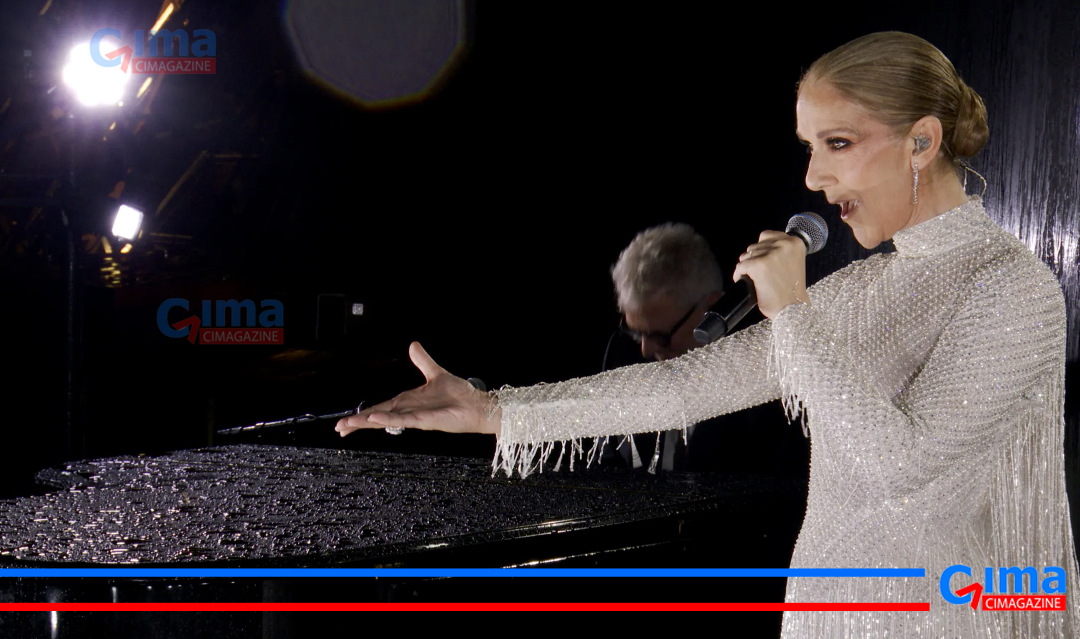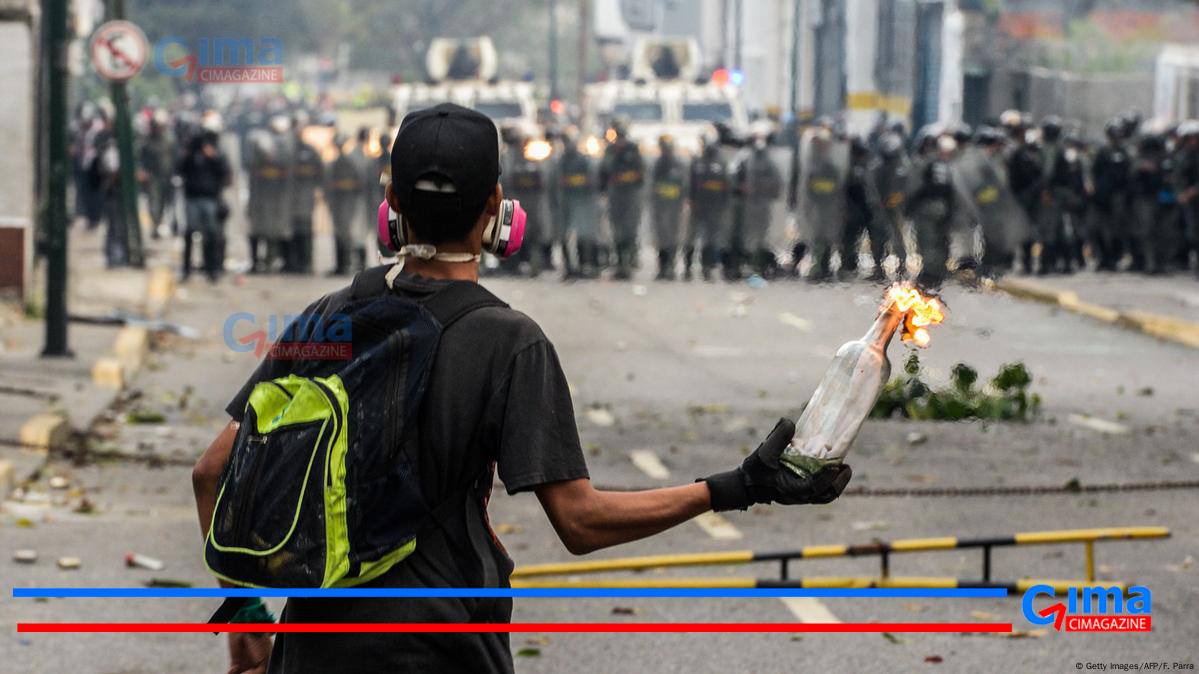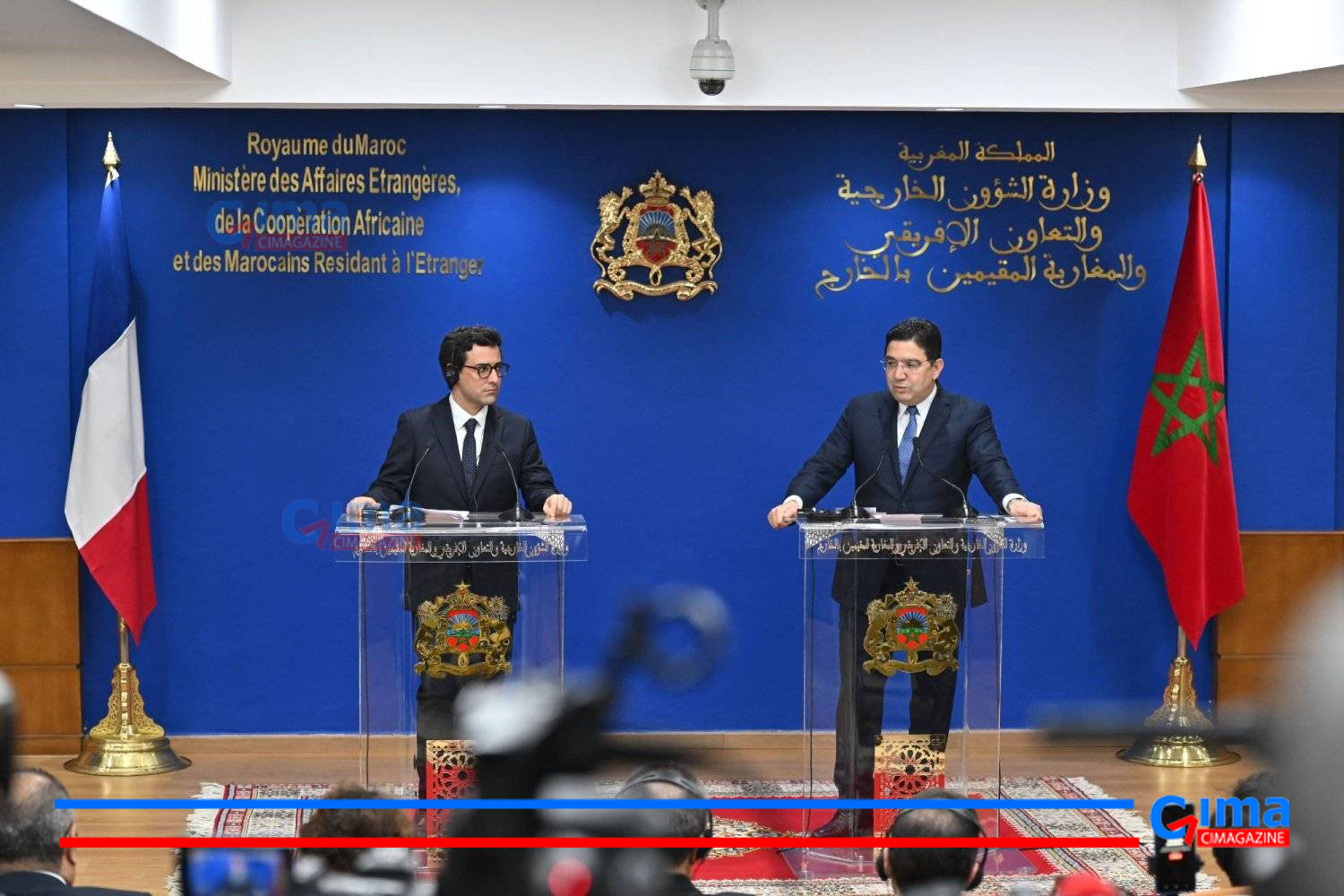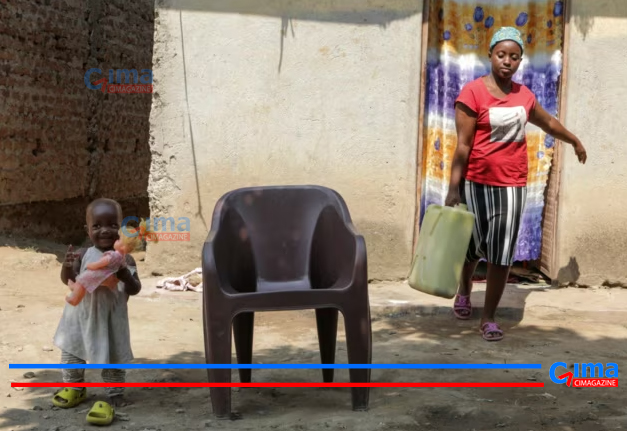France has backed Morocco's autonomy plan for the disputed Western Sahara, shifting a decades-old position and adding itself to a growing list of countries to align with Morocco as a United Nations-mediated peace process remains stalled.
France shifts Western Sahara stance, seeking closer ties with Morocco


In a letter to King Mohammed VI, France’s President Emmanuel
Macron called the plan that Morocco proposed in 2007 to offer the region
limited autonomy under its sovereignty that “only basis” to solve the conflict.
The shift deals a blow to the pro-independence Polisario Front, which has for
decades claimed to be the legitimate representative of the indigenous Saharawi
people.
“The present and future of Western Sahara fall within the
framework of Moroccan sovereignty,” Macron wrote in a letter made public on
Tuesday. “France intends to act consistently with this position at both
national and international level.”
France's departure from its historic position is a major victory
for Morocco and follows similar shifts from the United States, Israel, Spain
and a growing list of African nations which Morocco aims to deepen trade
ties.
The move was preemptively rebuked by both Morocco’s regional foe
Algeria and the Polisario Front in the days leading up to the publication of
letter.
The Polisario’s Mohamed Sidati accused France of acting at odds
with international law and backing Moroccan expansionism as its influence wanes
throughout Africa.
“Whatever hardships Morocco tries to impose on us with the
support of France, the Sahrawi people will continue to stubbornly defend their
rights until they obtain the definitive departure of the Moroccan aggressor
from their territory and general recognition of the legitimacy of their
struggle for self-determination and independence,” Sidati, the Foreign Minister
of the self-declared Saharawi Arab Democratic Republic, said in a statement on
Monday.
A high-ranking Moroccan official who spoke on the condition of
anonymity called it “a game-changer” amid an international shift toward
Morocco’s position. They noted France’s role as a permanent member of the
United Nations Security Council, which oversees the peacekeeping mission that has
for decades mediated between Morocco and the Algeria-backed Polisario Front.
Algeria said France had made it aware of the policy change in
the days leading up to the announcement and called Morocco and France “colonial
powers, new and old.”
“The French decision is clearly the result of a dubious
political calculation, a morally questionable judgement and legal
interpretations that are neither supported nor justified,” Algeria's Ministry
of Foreign Affairs said in a statement last week.
Morocco annexed the Western Sahara, a former Spanish colony, in
1975, sparking a conflict with the pro-independence Polisario Front, which the
United Nations has long recognized as the legitimate representative of the
Saharawi people.
The U.N. brokered a 1991 cease-fire and established a
peacekeeping mission to monitor the truce and help prepare a referendum on the
territory’s future. Disagreements over who is eligible to vote prevented the
referendum from taking place.
Morocco has long sought recognition of its claim from its other
nations, while the Polisario has prioritized fighting legal battles to assert
its right to represent the people and territory. Sporadic violence has ensued
since the Polisario renewed armed conflict in 2020, ending a 29-year truce.
The longstanding territorial dispute is a major factor in many
of North Africa’s foremost issues, including migration, smuggling and
counterterrorism.








